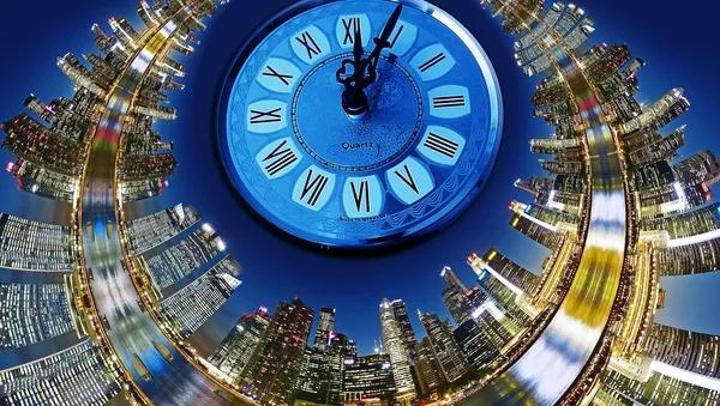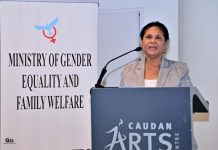Africa-Press – Mauritius. Researchers in Germany believe that they’ve found a way to create the most accurate time-keeping device ever. So accurate in fact, that if it had been ticking away since the Big Bang – 14 billion years ago – it would have lost less than 2 minutes.
The new clock though, would require redefining the length of a second, but only by a very tiny amount. The alteration wouldn’t make a great deal of difference for the average person, in fact the change would be impossible to comprehend by the human brain, but it would have a positive effect on a number of areas.
#Optical clock created by German team could replace atomic clock & redefine time, via Optica https://t. co/eBDHrSSUxy pic. twitter. com/h3t1HD9yyR — The Optical Society (@OpticalSociety) May 25, 2016
GPS navigation for example, would increase its accuracy massively — currently, GPS accuracy is to a few meters, but this would reduce it to a matter of just a few centimetres.
Power grids and digital financial networks would also see a boost in accuracy. #DAMOP The magic road to precision in the strontium atomic clock https://t. co/p0twzQ6yvm @PhysicsToday @usnistgov pic. twitter. com/OM1zY8Zeqf — Charles W. Clark (@g8ge) May 24, 2016
Whilst you might think that a second has existed as a measurement of time for hundreds of years, it’s actually only been defined in its current form since 1967, when the International System of Units defined it as the time that elapsed during 9,192,631,770 cycles of a microwave signal.
Dr Christian Grebing, from the National Metrology Institute of Germany — who has worked on the new clock — said: “We want to improve the timekeeping infrastructure all over the world by building better and better clocks and integrating them into the time-keeping infrastructure… What we demonstrated is a first step towards a global improvement of timekeeping.
“If you change the definition, you want a very smooth change to minimize the change in the length… Probably the change would be less than the current uncertainty of a second defined by caesium atoms.
The earliest clocks which displayed the time in seconds emerged during the latter half of the 16th century, and became accurately measurable as mechanical clocks became more commonplace, keeping “meantime” as opposed to “apparent time” — which was measured by sundials. The new, super accurate clock is mentioned in a paper published in the journal Optica.
For More News And Analysis About Mauritius Follow Africa-Press







